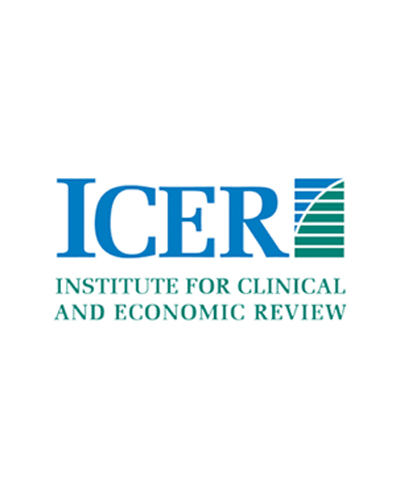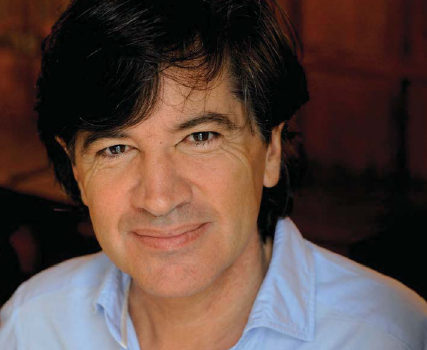
A pain journal has expressed concern over a 2018 paper by a group of researchers in China after a reader alerted the publication to problems with the article, including previously-reported data and a bogus trial registry record.
The article, “Population pharmacokinetic modeling of flurbiprofen, the active metabolite of flurbiprofen axetil, in Chinese patients with postoperative pain,” appeared in the Journal of Pain Research, a title from Dove Medical Press. The authors are affiliated with several Peking University and Capital Medical University in Beijing.
Here’s the expression of concern:
Continue reading Journal flags paper on painkiller for misused trial registry record






